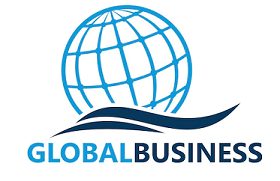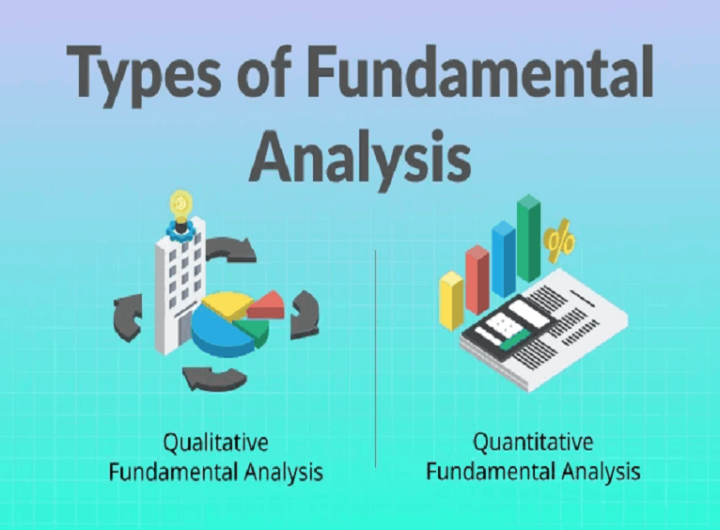
This is particularly the case for high-income earners who can expect a tax bill come the end of the financial year. When it comes to wealthier individuals there are generally more complicated tax situations — and this is where proper planning becomes key in helping reduce liabilities while keeping you on track for financial success. An experienced accountant in Charlotte, NC can offer customized solutions to this kind of complicated situation. The following is a list of some very useful strategic tax planning tips specifically for high-income earners.
Health Savings Accounts (HSAs)
If you have a high-deductible health plan (HDHP), saving in an HSA can be appealing. Health Savings Accounts (HSAs) are tax-advantaged accounts that give you three significant saving benefits: contributions are pre-tax, growth is untaxed and withdrawals for qualified medical expenses can be paid 100% income tax-free. Individuals can contribute up to $3,850 for 2024 and families can contribute as much as $7,750.
Tax-Loss Harvesting
High-income earners frequently have investments with capital gains, which further elevates their taxes. Tax-loss harvesting involves selling investments that are in the red to offset taxable gains from other investments. A CPA can also assist in coordinating with Investors to find opportunities for strategic tax loss selling (while not running afoul of Wash Sale rules from the IRS).
Charitable Contributions
Not only does giving to charity help those in need, but it can also offer large tax savings. When giving charitable contributions, money or appreciated assets can be donated and the tax code allows high-income earners to take a deduction. Donating appreciated stocks in certain situations (which allows you to avoid capital gains taxes) offers an even greater tax benefit—you will receive a deduction for the asset’s fair market value.
Opt For Tax-Efficient Investments
Your finances can be very affected by investments. These so-called tax-efficient investments, like some index funds and municipal bonds, don’t generate much taxable income. For instance, municipal bonds are tax-free at the federal and state level so it is a popular choice for Charlotte’s high-income earners.
Evaluate Your Tax Bracket
Knowing your present tax bracket can helpfully influence the choices you make to more income or further deductions and credits. If you are in high-income brackets, some variety of tax planning techniques such as income deferral or deduction acceleration may save a lot more than for someone else.
Estate Planning
High earners should also look at estate planning for long-term tax strategies. Trusts, well-planned gifting, and a will are essential steps in minimizing estate taxes as your wealth passes along to others.
Make the Most of Your Retirement Contributions
Making the most of retirement account contributions is one of the easiest but most efficient strategies to lower taxable income. High earners ought to think about the following choices:
- 401(k) Plans: You can reduce your taxable income by making contributions to a conventional 401(k). You can contribute up to $22,500 for the 2024 tax year, plus an extra $7,500 for a catch-up contribution if you are 50 years of age or older.
- Individual Retirement Accounts (IRAs): You can be eligible for either a standard or Roth IRA, depending on your income. In 2024, both kinds of IRAs have a $6,500 contribution cap, plus an additional $1,000 for individuals over 50.
For individuals considered as high-income earners living in Charlotte, NC tax planning holds value. Utilize these strategies with assistance from a professional accountant to minimize tax liability, maximize savings, and foster future financial success. Proactive tax management can control costs and increase wealth, whether it’s optimizing retirement contributions, using discretionary income for more efficient investments, or passing assets through to heirs with minimal impact.

 How to Transfer Your Accounting Data to QuickBooks in Broken Arrow, OK
How to Transfer Your Accounting Data to QuickBooks in Broken Arrow, OK  How CPAs Can Help Artists and Creators Manage Royalties Effectively?
How CPAs Can Help Artists and Creators Manage Royalties Effectively?  Deep Dive into Fundamental Analysis: Unveiling Growth Potential
Deep Dive into Fundamental Analysis: Unveiling Growth Potential  How Expert Bookkeeping Can Elevate Your Business Operations in Mount Laurel?
How Expert Bookkeeping Can Elevate Your Business Operations in Mount Laurel?  Cost-Effectiveness of Payroll Solutions for Growing Businesses in Gresham
Cost-Effectiveness of Payroll Solutions for Growing Businesses in Gresham  Maximizing Returns with Mutual Fund SIPs: Tips to Follow
Maximizing Returns with Mutual Fund SIPs: Tips to Follow  Reasons To Choose Stall Fabricators In Germany
Reasons To Choose Stall Fabricators In Germany  Why a Bail Bonds Service Can Be a Lifesaver in Critical Situations
Why a Bail Bonds Service Can Be a Lifesaver in Critical Situations  What NYC Roofers Get When They Replace Voicemail with a Live Answering Service
What NYC Roofers Get When They Replace Voicemail with a Live Answering Service  How UAE Business Visas Support Women Entrepreneurs
How UAE Business Visas Support Women Entrepreneurs